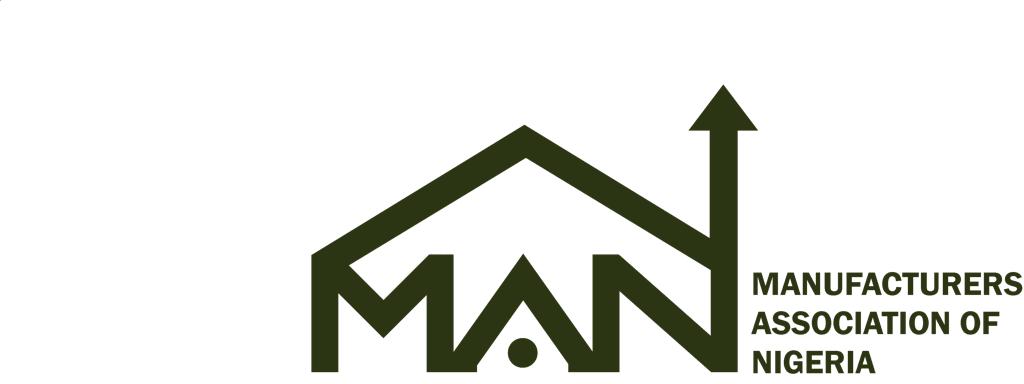The Manufacturers Association of Nigeria (MAN) has issued a stark warning against the Nigeria Customs Service’s (NCS) reintroduction of a four percent Free-on-Board (FOB) charge on imports, arguing that this levy will exacerbate existing economic challenges and stifle the manufacturing sector. MAN contends that the new charge, replacing the previous one percent Comprehensive Import Supervision Scheme (CISS) and seven percent cost of collection structure, will not reduce costs as claimed by the NCS, but instead significantly increase the cost of imported raw materials and finished goods. This increase, MAN projects, will surpass the N6.6 trillion spent on raw materials in 2024, ultimately driving up consumer prices and further fueling the already high inflation rate of 21.88 percent recorded in July 2025. Furthermore, the association criticizes the lack of consultation with stakeholders and the absence of any impact assessment prior to the implementation of the new charge.
MAN argues that the NCS’s decision contradicts the Federal Government’s efforts to combat inflation and stimulate economic recovery. The association points out that neighboring West African countries, such as Ghana, Ivory Coast, and Senegal, maintain significantly lower import levies, typically ranging between 0.5 and 1 percent, reserving higher charges for luxury goods. By imposing a uniform four percent FOB levy, Nigeria risks making its manufacturing sector less competitive, potentially encouraging informal cross-border trade, cargo diversion, and under-declaration of goods to avoid the higher costs. This, in turn, could undermine government revenue collection efforts and further complicate the economic landscape.
Adding to the concerns about the FOB charge is the ongoing issue with the NCS’s B’Odogwu platform. This platform, intended to streamline customs processes, has experienced glitches, leading to delays in clearing goods at ports. These delays result in demurrage charges and stock-outs for manufacturers, further impacting their operations and contributing to increased costs. MAN highlights that the combined effect of the new levy and the platform’s technical issues is placing an unbearable burden on the manufacturing sector, which is already grappling with numerous economic headwinds.
The association strongly urges the Federal Government to suspend the implementation of the four percent FOB charge and revert to the previous one percent CISS and seven percent collection fee structure. This suspension, MAN suggests, should remain in effect until at least December 31, 2025, allowing sufficient time for a thorough impact assessment and meaningful engagement with stakeholders. This period would enable the NCS to address concerns raised by manufacturers and other affected parties, ensuring that any revised import levy structure is both economically sound and supportive of the manufacturing sector’s growth.
MAN emphasizes the crucial role of the manufacturing sector in Nigeria’s economic development. The sector’s ability to increase production, boost exports of manufactured goods, and attract foreign investment is essential for generating foreign exchange and driving economic growth. The association warns that by imposing excessive levies and failing to address the challenges faced by manufacturers, the government risks undermining the sector’s potential and jeopardizing the overall economic recovery. The current policy, MAN asserts, will further shrink the already struggling manufacturing sector, hindering its contribution to national economic development.
In conclusion, the Manufacturers Association of Nigeria has voiced strong opposition to the reintroduced four percent FOB charge on imports, citing its potential to worsen inflation, increase the cost of raw materials, and further burden manufacturers already grappling with multiple economic challenges. The association calls for the government to suspend the levy, engage in meaningful consultations with stakeholders, and conduct a comprehensive impact assessment before implementing any changes to the existing import duty structure. MAN emphasizes the vital role of the manufacturing sector in Nigeria’s economic future and urges the government to adopt policies that support its growth and competitiveness.


